Dear readers, With the launch of e-newsletter CUHK in Focus, CUHKUPDates has retired and this site will no longer be updated. To stay abreast of the University’s latest news, please go to https://focus.cuhk.edu.hk. Thank you.
The Tao of PE
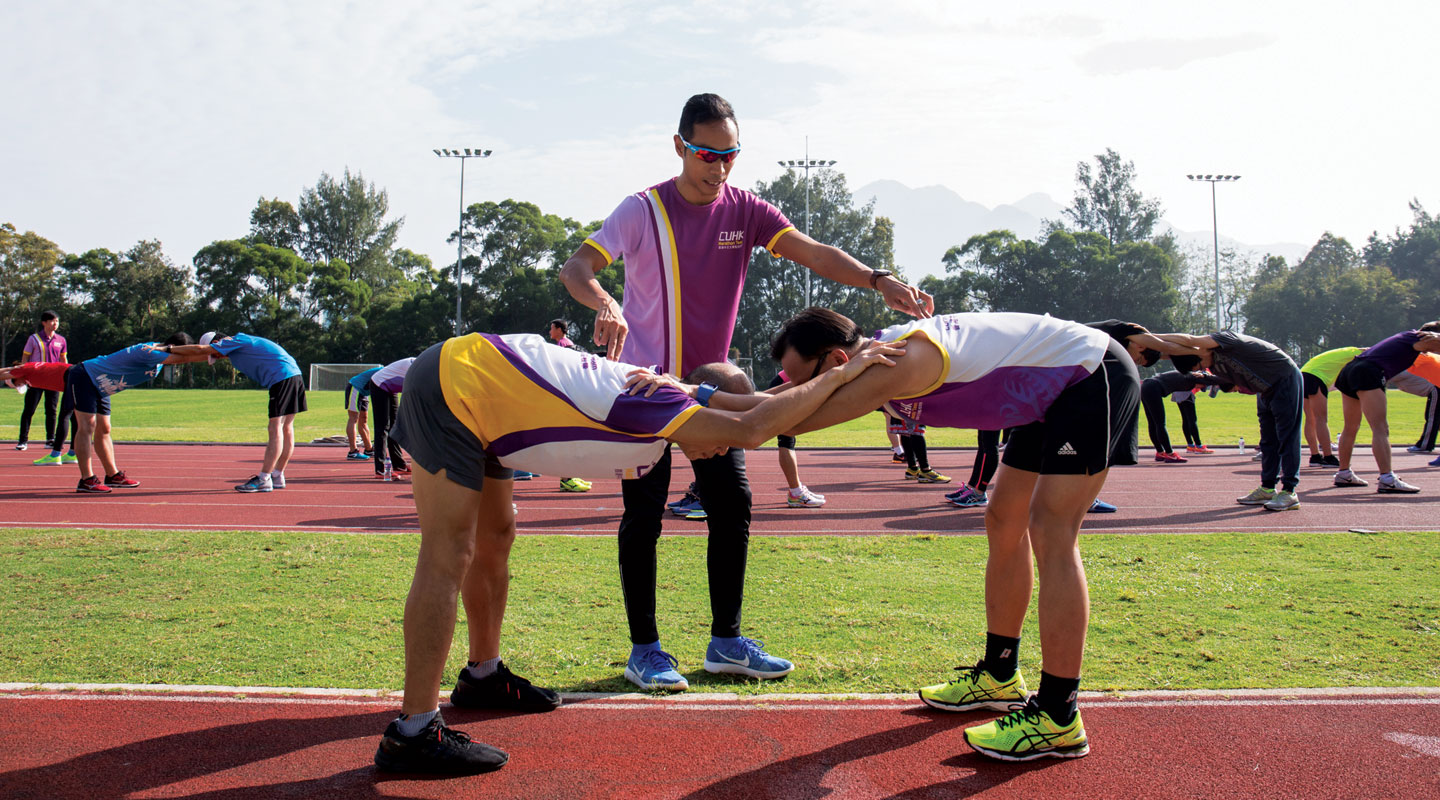
Applicants through the JUPAS system had a chance to re-select their preferred programmes on 13 July. From Band A applicants, the five most competitive CUHK programmes are: Physical Education, Exercise Science and Health (PESH), Japanese Studies, Arts, General Education and Religious Studies. With 563 applicants vying for only 20 places, each applicant to the PESH programme has to beat 27 others to get into the programme, compared to 18 and 11 for the second (Japanese Studies) and the third (Arts), respectively.
Like many others, Ko Tsz-ching’s love for sports was one of the main reasons why she chose a PE-related programme for undergraduate studies.
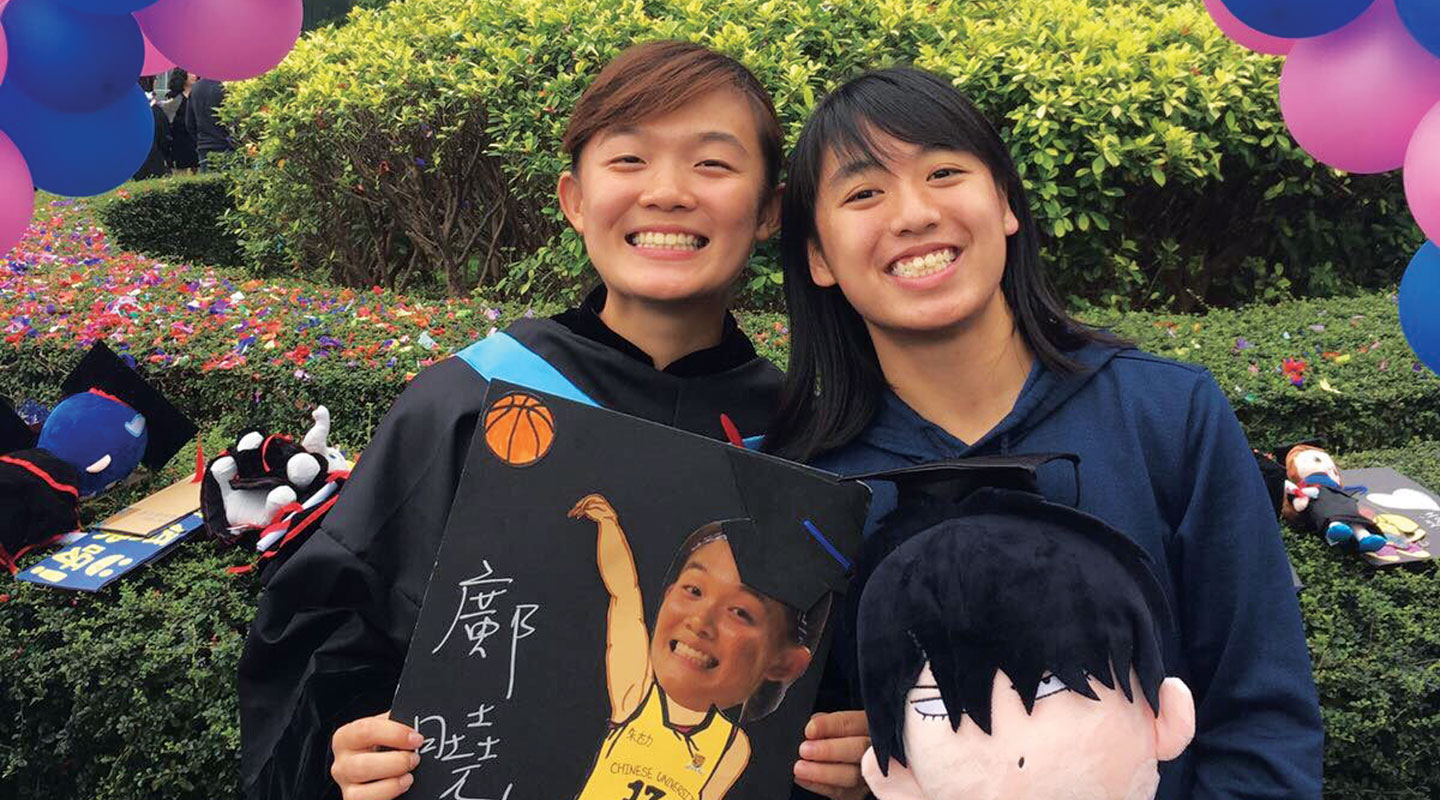
Of course there was something more to it. She had wanted to have a sports-related career, maybe teaching PE. CUHK’s PESH programme sounded like the right choice, and it has proved to be so.
The five-year programme is offered by the Department of Sports Science and Physical Education of the Faculty of Education. It has a compact structure which requires students to complete courses in three closely linked areas:
- Physical Education—which provides a multidisciplinary approach involving biological sciences, behavioural sciences, and sports skills proficiency, putting the students on a sound footing to develop health-related and high quality physical education in school settings;
- Exercise Science—which explores the complex nature of human movement and examines the manner in which the human body reacts to acute and chronic exercise;
- Health—which examines the efficacy of physical activities, as well as theories and strategies for health promotion.
These are complemented by a fourth area in Professional Skills which offers courses in coaching and officiating, combative sports, racquet sports, team sports and individual sports, etc.
Prof. Stephen H.S. Wong, chairman of the Department of Sports Science and Physical Education, said, ‘As there is increasing recognition of the importance of health improvement through physical education and exercise, the programme is designed to develop professional teachers with a strong theory and knowledge base in physical education, as well as capable leaders in exercise science and health-related sectors to meet the fast-growing and ever-changing societal needs.’ The programme leads to the award of a BEd degree, which includes recognition equivalent to a Postgraduate Diploma in Education. Its graduates will be eligible for the teaching profession immediately after graduation.
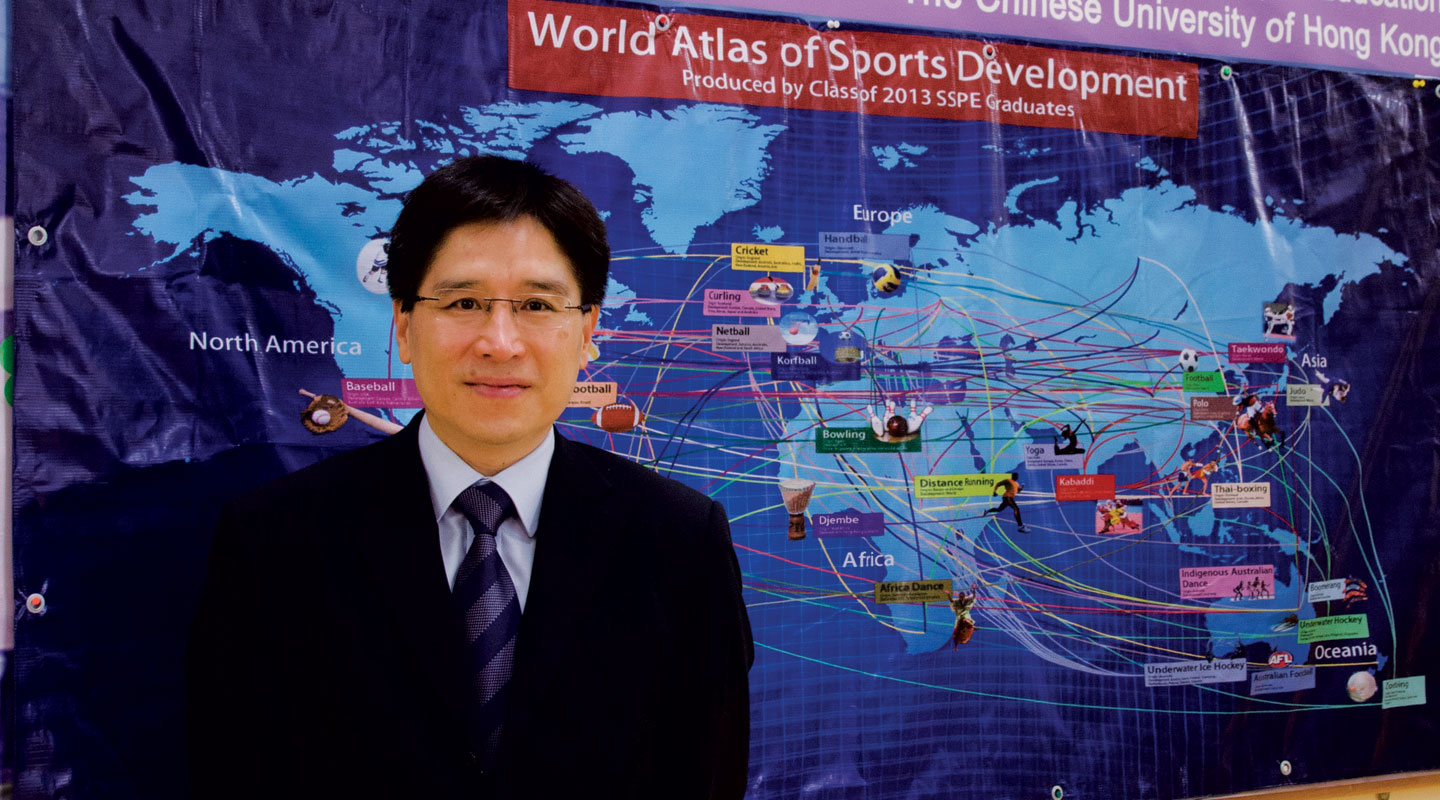
Having studied in the programme for two years, Tsz-ching began to realize that excellent sports skills are neither sufficient for teaching sports effectively nor a competent PE teacher. A scientific approach to sports and exercise, ranging from basic knowledge in human anatomy, kinematics and kinetics, to psychomotor learning and exercise biomechanics as offered by PESH, is required for teaching in a systematic manner.
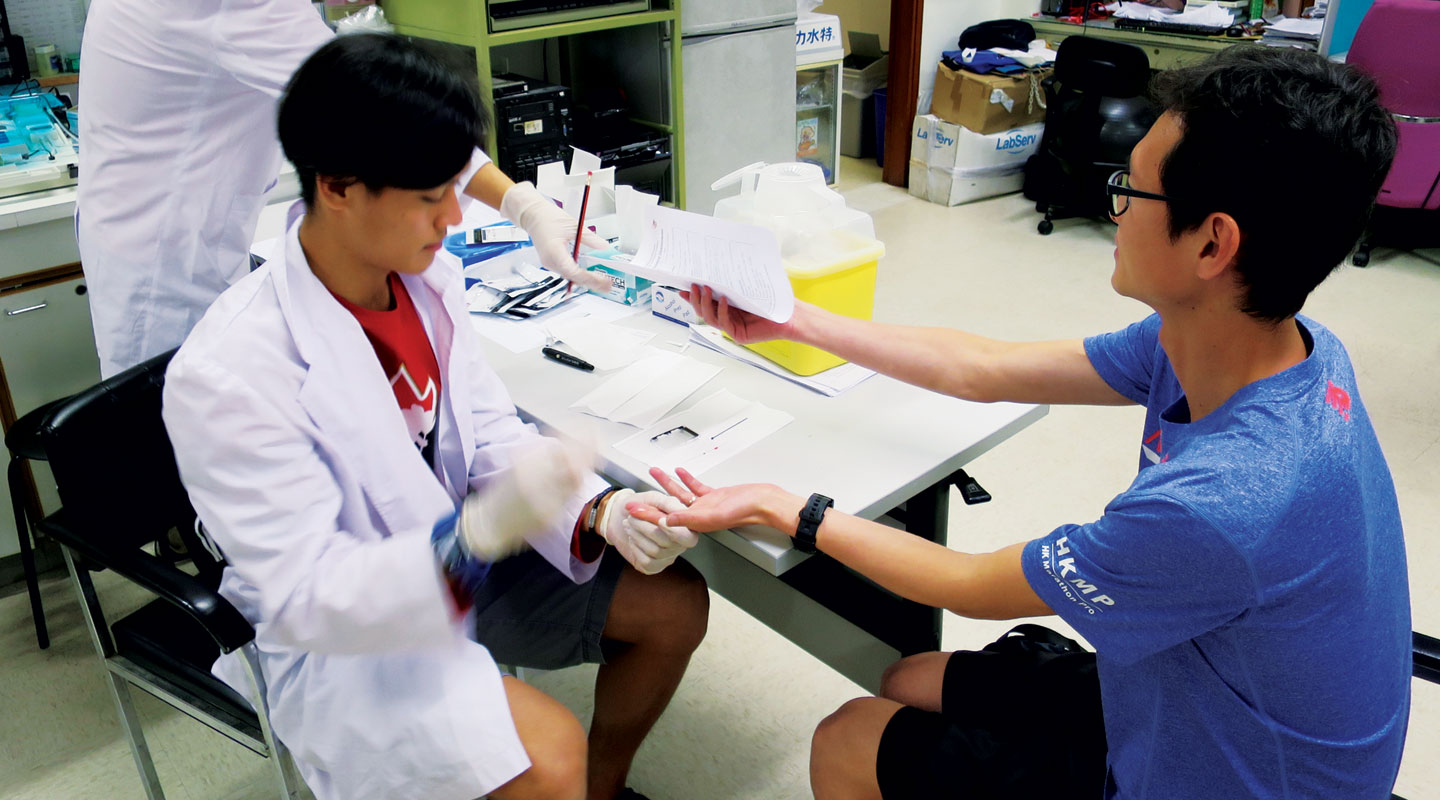
Other than the physical side, physical education also develops students’ confidence and generic skills, especially those of collaboration, communication, creativity, critical thinking and aesthetic appreciation. These, together with the nurturing of positive values and attitudes, provide a good foundation for students’ lifelong and life-wide learning. PESH courses such as pedagogy, sociology and psychology related to sports and exercise broaden Tsz-ching’s perspectives of physical education. ‘There is a whole lot more than just learning different sports skills,’ concluded Tsz-ching.
The ample off-classroom learning opportunities are particularly valuable to Tsz-ching. ‘After taking courses on pedagogy and curriculum planning, we are placed in a variety of schools for teaching practice, during which we can observe how the schools operate and become acquainted with the organization, planning, administration, routine and discipline of the schools.’
The formal and informal interactions between professors and students are steady support for students to adapt and thrive. As Tsz-ching said, ‘I can discuss with my academic advisor or any professor my problems and they are always willing to help. My classmates are energetic, outgoing and helpful. We also mix well with students from other cohorts. The regular social gatherings help foster a strong link among ourselves. All in all, it’s a fruitful university learning experience.’
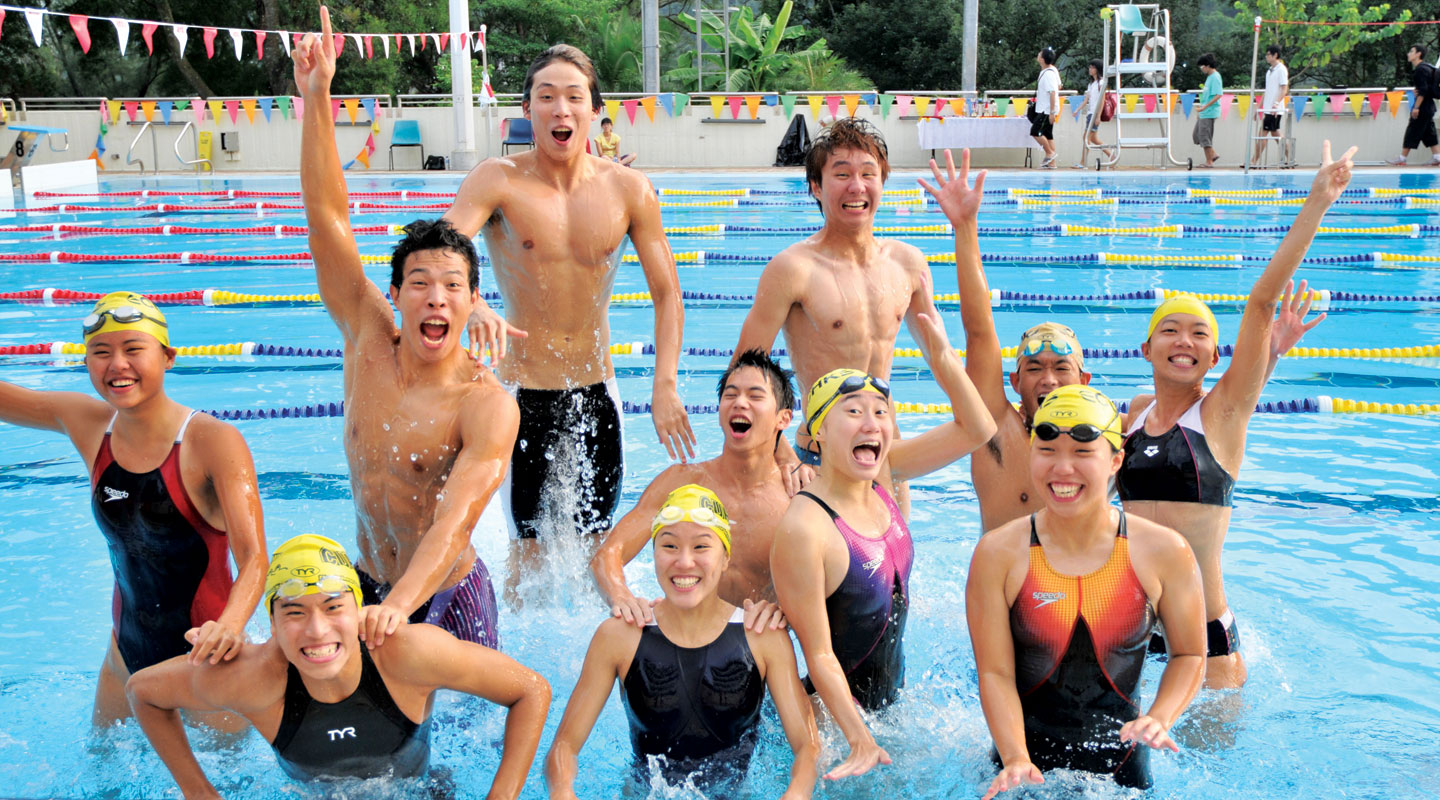
A mandatory internship component in the programme readily provides connection between knowledge, skills and practice. Professor Wong explained how internship works: ‘We will arrange sports industry attachment focusing on coaching, research, clinical attachment, health promotion and administration. The students are expected to observe the rules, regulations, and responsibilities of a regular full-time employee in the industry while demonstrating their abilities in planning and implementing. At the end of the internship, a student will be reviewed based upon an internship portfolio, a written project report, a presentation and an evaluation report from the industry supervisor.’
Many of the PESH graduates have become licensed PE teachers and some of them entered the health and fitness industry, sports coaching, sports management, or disciplinary forces. A few of them have become research assistants in tertiary institutions or proceeded to higher degrees.
Having a specific career aspiration in mind, Tsz-ching is confident that PESH will lead her towards her goal.
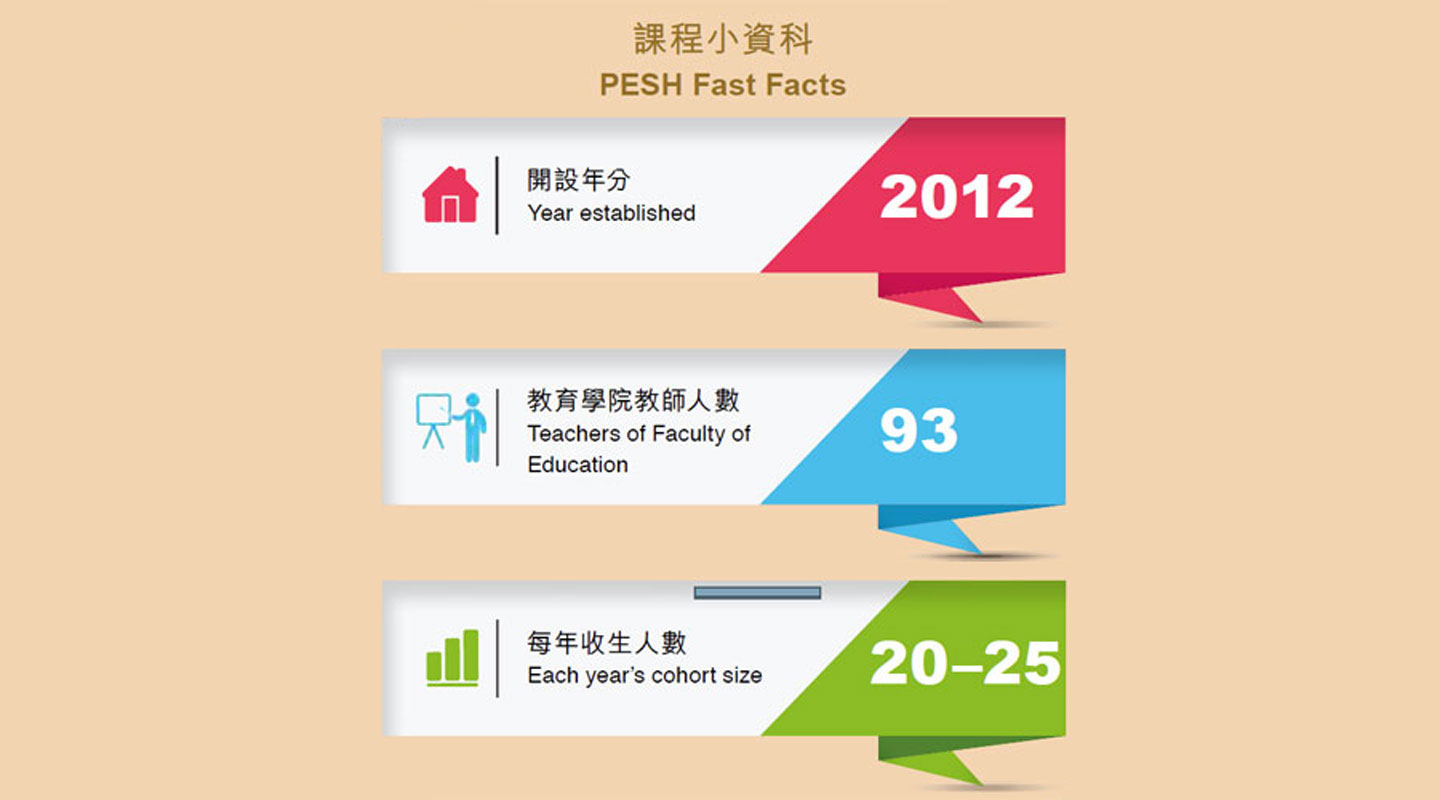
This article was originally published in No. 501, Newsletter in Aug 2017.